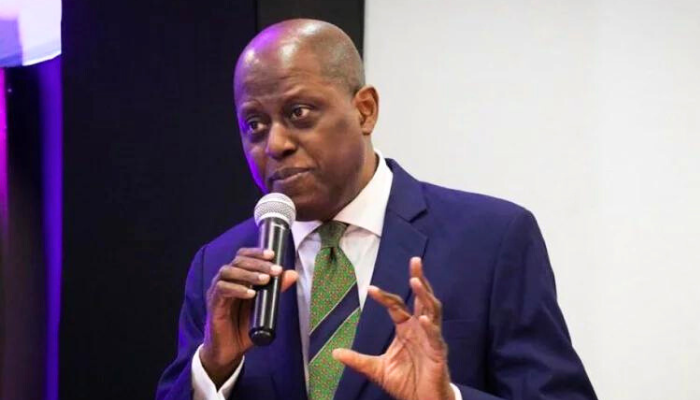Nigeria spent about 70% of its dollar payments to service external debts between January and March 2024. According to data from the Central Bank of…

Olayemi Cardoso, CBN Governor
Nigeria spent about 70% of its dollar payments to service external debts between January and March 2024.
According to data from the Central Bank of Nigeria (CBN), out of the $1.61 billion in total outflows made during this period, a substantial amount of $1.12 billion was expended on servicing external debt.
This figure represents a huge rise from 49% in Q1 2023, highlighting the growing burden of external debt on the nation’s finances.
A monthly breakdown of the debt service payments reveals that the nation started 2024 with a significant debt servicing obligation of $560.52 million in January.
This sum exceeded the entire debt servicing expenditure of January 2023 ($112.35 million) by nearly five times.
In February 2024, the debt servicing payments were moderated but remained substantial at $283.22 million.
March 2024 continued the trend but at a lower figure, with the country expending $276.17 million on debt servicing, representing a far less decrease from March 2023’s $400.47 billion.
Recall that Nigeria’s foreign exchange (FX) reserves recently hit a one-month dip streak. The CBN governor, Yemi Cardoso, said the decreasing reserves were primarily due to debt repayments and other standard financial obligations, rather than efforts to defend the naira.
X reserve rebounds, gains $262m
Following several weeks of a downward trend, Nigeria’s foreign exchange reserves have witnessed a marginal resurgence of about $262 million over 19 days.
The CBN latest figures reveal a cautious upward adjustment, with reserves inching up to $32.369 billion as of May 7, 2024, from a one-month dip of $32.107 billion.
The reserves experienced a steady decline from $34.45 billion on March 18th, largely due to the interplay of dwindling oil prices, debt service costs, and other obligations of the CBN.
Copied
